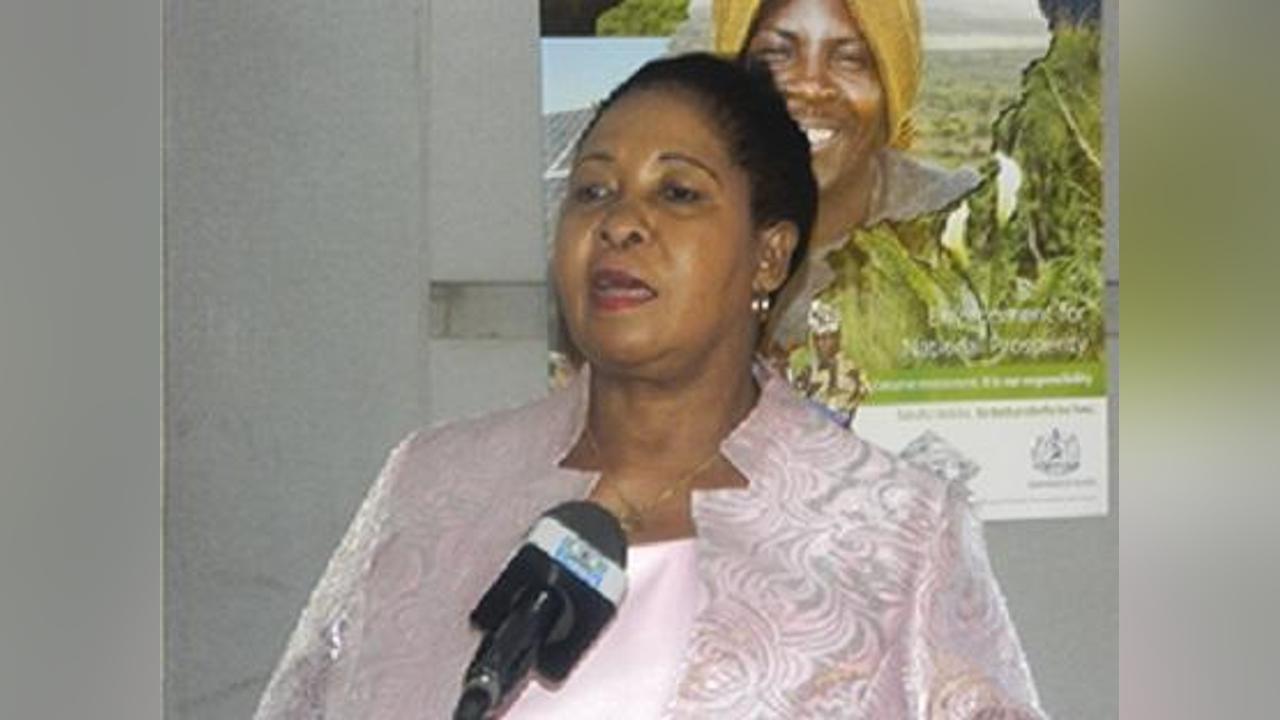Africa-Press – Lesotho. The Constitutional Court last night declared Clause 10 of the national reforms agreement between government and a coalition of opposition parties unconstitutional. The judgment was the culmination of a long-drawn-out court case that started in the morning and dragged into the night.
Arguments from families who lost their loved ones during the political instability that rocked the country in recent years deemed the agreement ultra vires the constitution.
The court decided it would not compromise powers vested in the Director of Public Prosecutions (DPP), the police, the Directorate on Corruption and Economic Offences (DCEO) and other law enforcement agencies.
“In principle, the court does not have authority to intervene, it cannot compromise powers vested upon the DPP, Police, DCEO and any other law enforcement agencies,” Justice Makara affirmed.
It therefore declared Clause 10 unconstitutional and reiterated its stance in the interim order that the government and opposition, together with all stakeholders and the Christian Council of Lesotho work together in seeking a lasting solution to the problems facing Lesotho.
The case was fused with that of Mafeteng businessman Tebello Moferefere Senatla Lejone who had in his case also challenged Clause 10 of the agreement arguing that the section is unconstitutional in affording former deputy prime minister Mothetjoa Metsing immunity from prosecution.
The Khetheng, Mahao, Nteso, Ramahloko and Qobete families contested the clause in a case heard before a panel of three judges, namely; Acting Chief Justice Maseforo Mahase, Justices Molefi Makara and Semapo Peete.
In their application, the families asked that the government be interdicted from implementing Clause 10 of their Memorandum of Agreement with the coalition of opposition parties in as far as the said part outlines that Metsing and similarly placed persons in exile would be exempted from criminal proceedings during the national dialogue and reforms process.
They had also asked that Clause 10 of the agreement be declared unconstitutional for it violates sections 18 and 19 of the Constitution by virtue of it suspending criminal proceedings against Metsing and similarly placed persons in exile. On top of that, the families wanted Clause 10 to be declared unconstitutional for violating sections 118 (2) and 118 (3) of the Constitution.
Their case was based on the fact that the clause violates section 99 (2) and 93 (3) of the Constitution to the extent that it seeks to hamstring powers of the DPP by according preferential treatment to Metsing and similarly placed persons in exile.
The clause was only meant to protect Metsing and other similarly placed persons in exile from facing their criminal proceedings in Lesotho, they charged.
“It is important to mention that as families affected by politically motivated killings, our perception is that clause 10 simply absolves Mr Metsing and other similarly placed persons from facing criminal proceedings in Lesotho to our greatest prejudice and the coalition of opposition parties was wise enough to enter into an agreement like that with government,” reads part of their founding affidavits.
For More News And Analysis About Lesotho Follow Africa-Press






